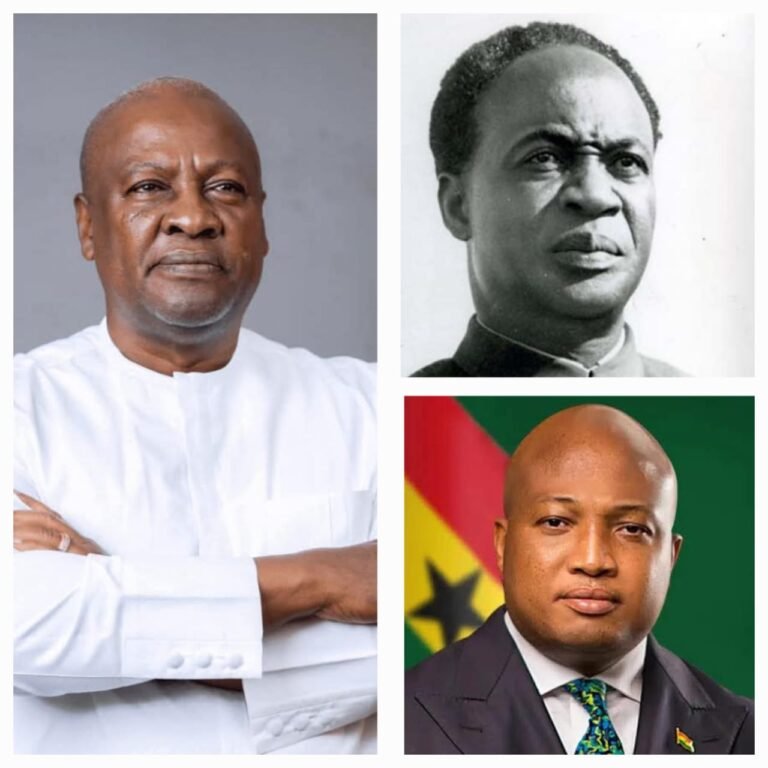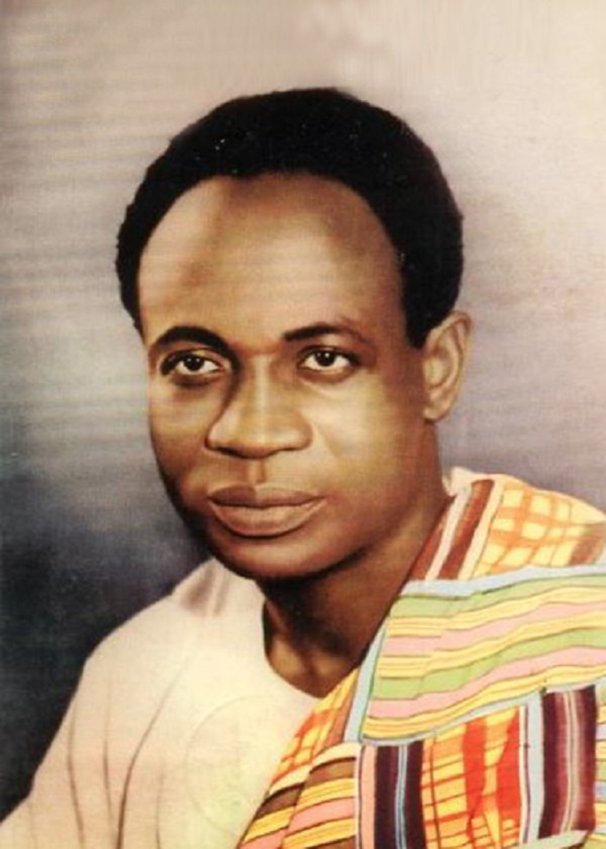
Vice-President Mahamudu Bawumia
Vice-President Mahamudu Bawumia has announced that consumers of petroleum products should expect a further decrease in the prices of fuel at the pumps as a result of the implementation of the government’s Gold for Oil Policy.
Currently, the national average price for petrol and diesel stands at GH¢13.53 and GH¢13.69 respectively.
Speaking during the commissioning of the new head office of the Bulk Oil Storage and Transportation Company Limited (BOST) in Accra yesterday, Dr Bawumia said: “I am happy to note that the policy is the first of its kind in Ghana since independence to address the balance of payment crisis that we face”.
In his view, it is the most important macro-economic policy intervention to deal with the exchange rate depreciation, fuel price hikes and food price issues in the country.
Dr. Bawumia stressed that the country is not only witnessing a decline in prices of fuel from GH¢23.00 per litre to around GH¢12, but there is also stability in the exchange rate. He further reiterated government’s efforts at addressing the dwindling foreign currency reserves and increasing living costs.
The Gold for Oil policy, which was announced by the government to help reduce the pressure on the cedi and bring in cheaper fuel, has so far seen about 100,000 metric tons of fuel being brought into the country under the policy.
Rubbishing claims
The Vice-President also rubbished claims suggesting that Ghana does not have enough gold to sustain the ‘gold for oil’ scheme.
The policy, he reiterated, is to allow the government to pay for imported oil products with gold, in a direct barter with gold purchased by the Bank of Ghana.
He stressed that the policy is meant to help stabilise prices of fuel products, as well as reduce pressure on Ghana’s foreign exchange. Achieving this, the Vice President explained that the “direct gold barter will be the mode of paying for imported oil instead of depleting the foreign exchange reserve”.
“There are people who are very disappointed that the policy is working, but bleeding is allowed. We have to understand that the prices of fuel will go up and come down, but what we expect to see under the Gold for Oil policy is more stability in the pricing and also savings in foreign exchange,” Dr Bawumia stated.
He added: “It is about the third month of the operation of the policy, with naysayers failing to appreciate the innovation that went into the deal because the argument was ‘it will not work, [because] Ghana does not have enough gold”.
Dr Bawumia wondered how people can say that when Ghana has been mining this gold for 200 years.
IES projections
Meanwhile, the Institute for Energy Security (IES) has projected fuel prices are expected to fall between 3% and 10% at the pumps, beginning today March 16, 2023.
This follows a decline in the activities of price indicators in the last two weeks. The prices of all three key petroleum products, namely petrol, diesel and Liquefied Petroleum Gas (LPG) are expected to fall.
In a statement, the IES said “the last two weeks has seen price indicators on both the domestic and international fronts falling, and this can translate into some price reductions at the pumps for various petroleum products”.
The domestic fuel market prices are projected to fall between GH¢12.60 for petrol, GH¢13.40 for diesel and GH¢14 per Kilogramme for LPG.
World oil market
According to reports, the international crude oil benchmark Brent fell to about $83.87 from about $84.14 per barrel over the last two weeks. This represented a marginal drop in the average prices in the window under review.
The commodity, which traded at about $86 per barrel in the mid of the window, declined to as low as $79 per barrel at the start of Tuesday March 14, 2023.
The first pricing-window for March 2023 offered some respite to petroleum product consumers on the domestic market. Prices of petrol and diesel drop significantly, allowing domestic consumers to enjoy some relief.
The IES monitoring of various Oil Marketing Companies (OMCs) for the pricing-window under review found the national average price for petrol and diesel as ¢13.53 and ¢13.69.
However, the national average price of LPG sold for ¢15.44 per kilogramme.





